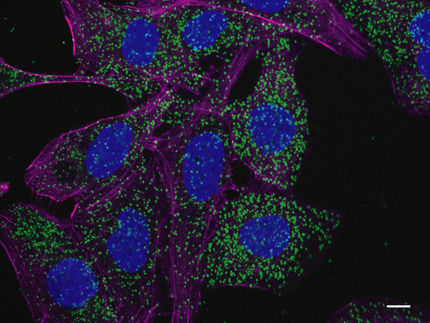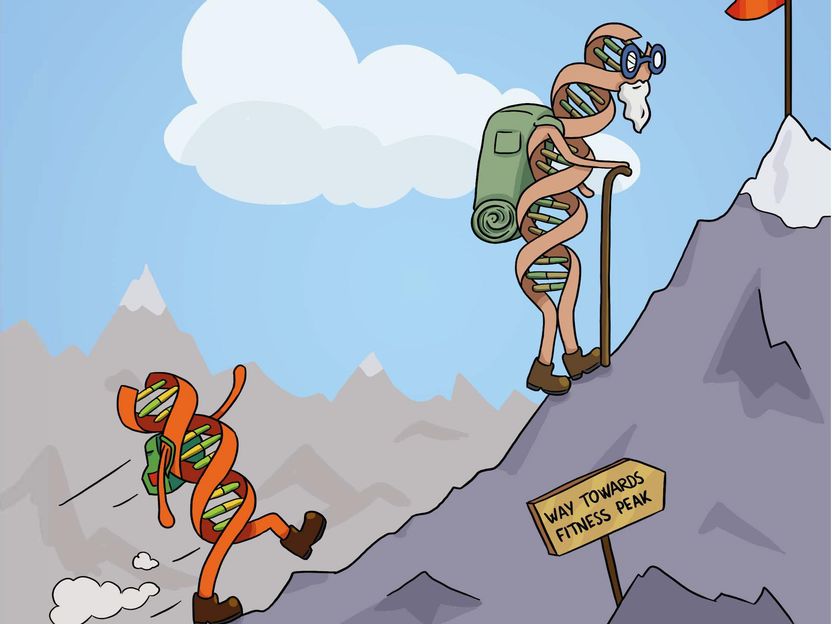Drug can reverse overgrown hearts to help prevent heart failure, UT Southwestern researchers find
A promising cancer treatment drug can restore function of a heart en route to failure from high blood pressure, researchers at UT Southwestern Medical Center have found.
The drug, a type of histone deacetylase (HDAC) inhibitor being evaluated in numerous ongoing clinical trials, has been shown to reverse the harmful effects of autophagy in heart muscle cells of mice. Autophagy is a natural process by which cells eat their own proteins to provide needed resources in times of stress. The new study appears in Proceedings of the National Academy of Sciences.
"This opens the way for a new therapeutic strategy in hypertensive heart disease, one we can test for potential to promote regression of heart disease," said Dr. Joseph Hill, chief of cardiology and director of the Harry S. Moss Heart Center at UT Southwestern.
Dr. Hill, senior author of the study, and other researchers have shown previously that all forms of heart disease involve either too much or too little autophagy, normally an adaptive process. For example, in the presence of high blood pressure, the heart enlarges, or hypertrophies, and autophagy is turned on. Ultimately, the hypertension-stressed heart can go into failure.
Prior research from Dr. Hill's laboratory has shown that HDAC inhibitors blunt disease-associated heart growth, so researchers designed this study to determine what impact a particular type of HDAC inhibitor had on autophagy.
The researchers engineered mice with overactive autophagy and induced hypertrophy leading to heart failure. Scientists then gave the mice an HDAC inhibitor known to limit autophagy.
"The heart decreased back to near its normal size, and heart function that had previously been declining went back to normal," Dr. Hill said. "That is a powerful observation where disease regression, not just disease prevention, was seen."
Dr. Hill noted that the research that led to this finding started decades ago and included studies led by Dr. Kern Wildenthal, former president of UT Southwestern and now president of Southwestern Medical Foundation.
"This is one of those exciting, but rare, examples where an important finding made originally in yeast moved into mouse models and is soon moving to humans," Dr. Hill said. "That's the Holy Grail for a physician-scientist – to translate those sorts of fundamental molecular discoveries through preclinical studies and ultimately in humans."
Organizations
Other news from the department science

Get the life science industry in your inbox
By submitting this form you agree that LUMITOS AG will send you the newsletter(s) selected above by email. Your data will not be passed on to third parties. Your data will be stored and processed in accordance with our data protection regulations. LUMITOS may contact you by email for the purpose of advertising or market and opinion surveys. You can revoke your consent at any time without giving reasons to LUMITOS AG, Ernst-Augustin-Str. 2, 12489 Berlin, Germany or by e-mail at revoke@lumitos.com with effect for the future. In addition, each email contains a link to unsubscribe from the corresponding newsletter.




















































